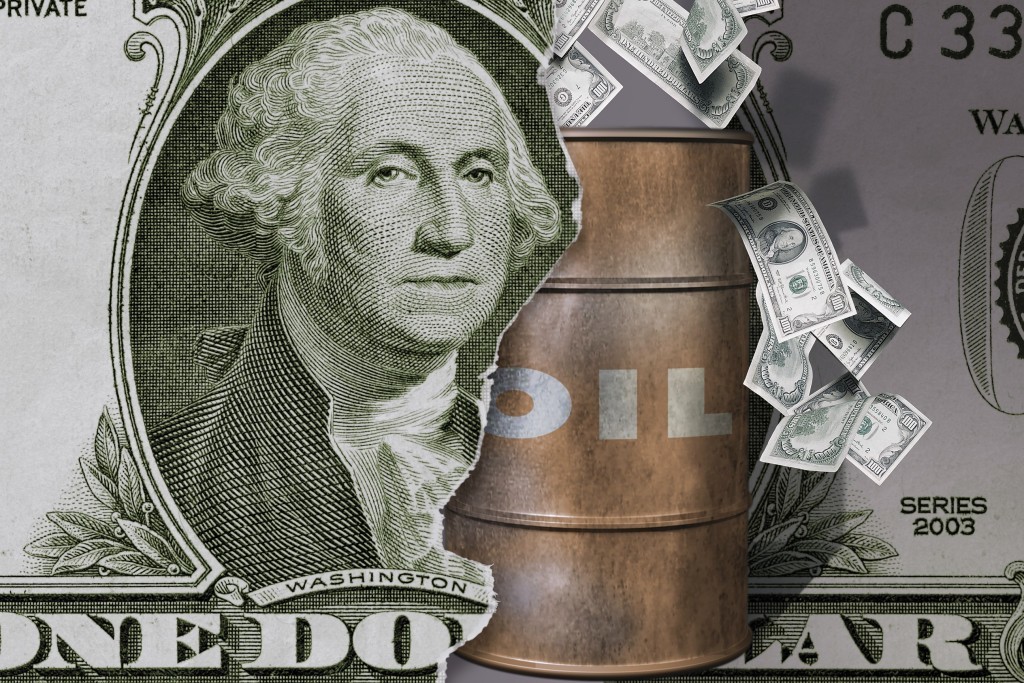
Oil headed for a third weekly decline on signs a global glut will be prolonged amid the longest run of US stockpile gains in seven months.
Futures are down 0.8 percent this week after falling below $40 a barrel Wednesday for the first time since August. Crude inventories expanded for an eighth week, the longest stretch of increases since April, government data showed Wednesday. That’s sustaining supplies in the world’s biggest oil consumer more than 100 million barrels above the five-year average level.
Crude has slumped about 47 percent the past year amid speculation a surplus will persist as the Organization of Petroleum Exporting Countries continues to pump above its quota. Saudi Arabia is working with producers inside and outside the 12-member group to stabilize the market, Saudi Oil Minister Ali al-Naimi said in Bahrain. Prices will rise next year as supply and demand re-balances, according to Matar al-Neyadi, the energy undersecretary for the United Arab Emirates.
“The story is one of unconstrained supply,” Michael McCarthy, a chief strategist at CMC Markets in Sydney, said by phone. “Oil is in a new lower trading range and investors are erring on the cautious side. Sentiment is indicating lower moves are more likely than higher moves at the moment.”
West Texas Intermediate for December delivery, which expires Friday, was down 9 cents at $40.45 a barrel on the New York Mercantile Exchange. The contract dropped 21 cents to $40.54 on Thursday, the lowest close since Aug. 26. The more- active January future climbed 6 cents to $41.78 at 3:55 p.m. Hong Kong time. Total volume was about 29 percent below the 100- day average.
Brent for January settlement was 3 cents higher at $44.21 a barrel on the London-based ICE Futures Europe exchange. It has advanced 1.3 percent this week. The European benchmark crude was at a premium of $2.40 to WTI.
US crude stockpiles expanded to 487.3 million barrels through Nov. 13, according to Energy Information Administration data. Refinery rates rose while inventories at Cushing, Oklahoma, the delivery point for WTI and the biggest U.S. oil- storage hub, increased for a second week to 56.9 million barrels.
The global economy is going through an unstable period, Saudi Arabia’s al-Naimi said Thursday. Crude demand is expected to rise by 1 million barrels a day every year in this decade, and the world requires more investments in oil to compensate for declining recovery rates, he said.
Recommended for you
